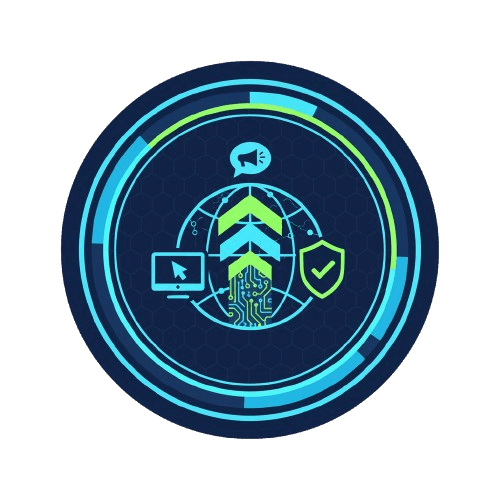📢 Understanding Modern Government Transparency: Why Public Info Matters More Than Ever
In today’s world, government transparency is no longer a luxury — it is a fundamental requirement for a healthy democracy. Citizens expect their governments to operate with openness, honesty, and accountability. The rise of digital platforms, public data portals, and real-time reporting has completely transformed how citizens receive, analyze, and participate in public information.
This article explores why modern transparency has become essential, how it shapes governance, and what responsibilities both governments and citizens share.
🏛️ The Evolution of Public Information
Public information has evolved dramatically in the last 30 years. In the past, accessing official documents required physical visits to government buildings, long processing times, and limited public engagement. Today, governments across the world publish:
• 📊 Open data dashboards
• 📰 Real-time press releases
• 💻 Online service portals
• 📑 Legislation drafts
• 🗳️ Election results
• 🔎 Public accountability reports
This digital transformation increases public trust, improves government performance, and empowers citizens.
🔍 Why Transparency Matters
Transparency achieves several important goals:
• 💬 Builds trust — citizens can verify information, not just rely on promises.
• 📉 Reduces corruption — public scrutiny forces ethical behavior.
• ⚖️ Protects rights — people understand laws, rights, and government duties.
• 🧭 Improves decision-making — open data helps communities solve real problems.
• 🗣️ Encourages participation — people feel included in governance processes.
Without transparency, democracy weakens. With it, government becomes a partner, not an authority.
🌐 Digital Government & Public Engagement
The shift toward digital governance allows citizens to access information anywhere, anytime. Many governments now operate through:
• Online public service apps
• Virtual town halls
• E-filing and digital documents
• AI-based public support systems
• Open budget transparency dashboards
This makes public participation easier and strengthens accountability.
📣 Media’s Role in Public Awareness
Media plays a critical role in shaping how citizens interpret government actions. When journalism is independent and ethical, it becomes a watchdog that protects the people. Responsible media:
• Verifies facts
• Investigates inconsistencies
• Shares insights on policy impacts
• Amplifies public concerns
But misinformation is a growing threat. Citizens must learn digital literacy to distinguish credible sources from misleading ones.
⚖️ Transparency Challenges in Modern Governance
Despite progress, transparency faces challenges:
• Complex bureaucratic structures
• Political interference
• Lack of technological resources
• Limited public awareness
• Fake news and disinformation
Addressing these obstacles requires collaboration between public institutions and civil society.
